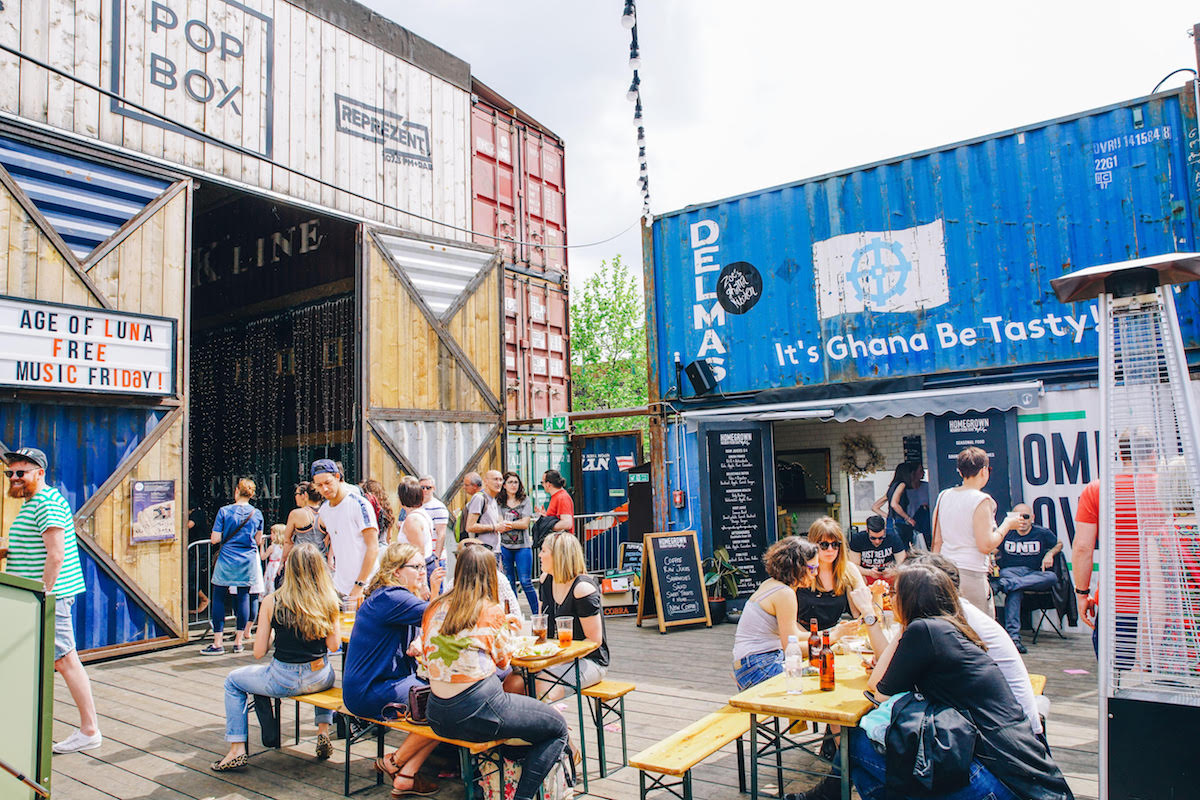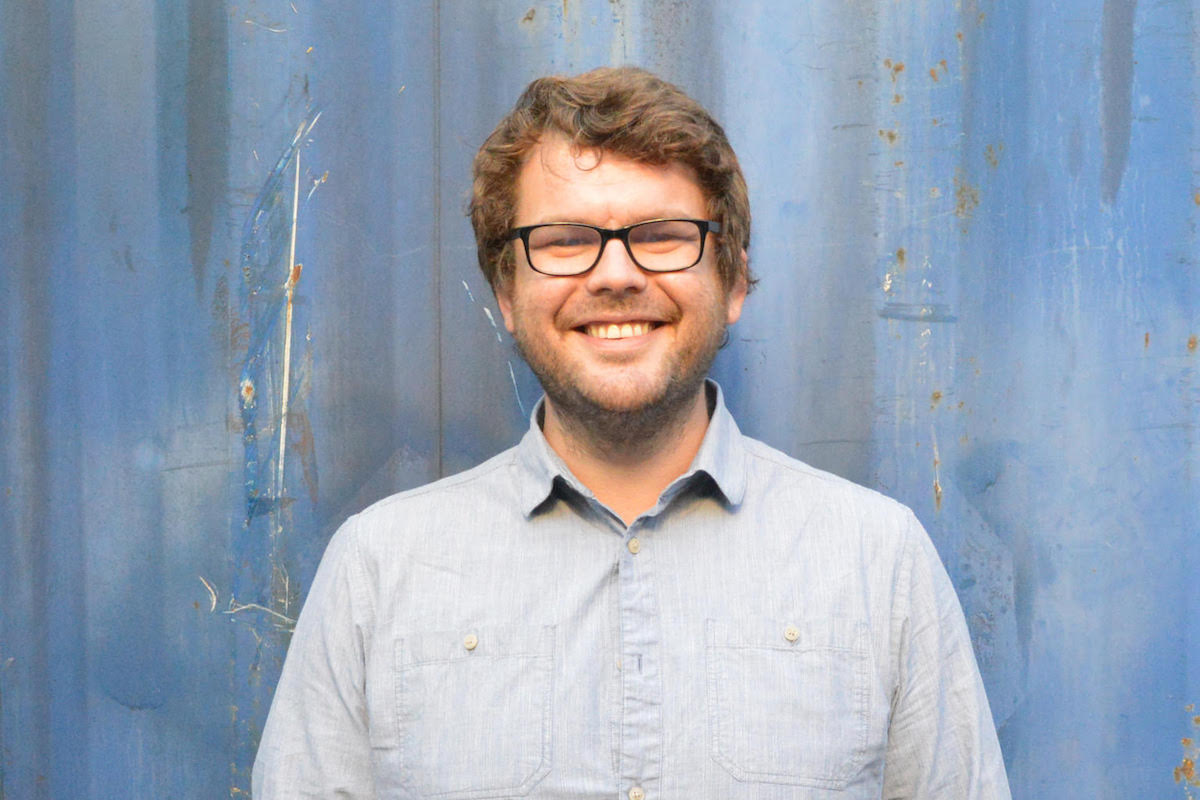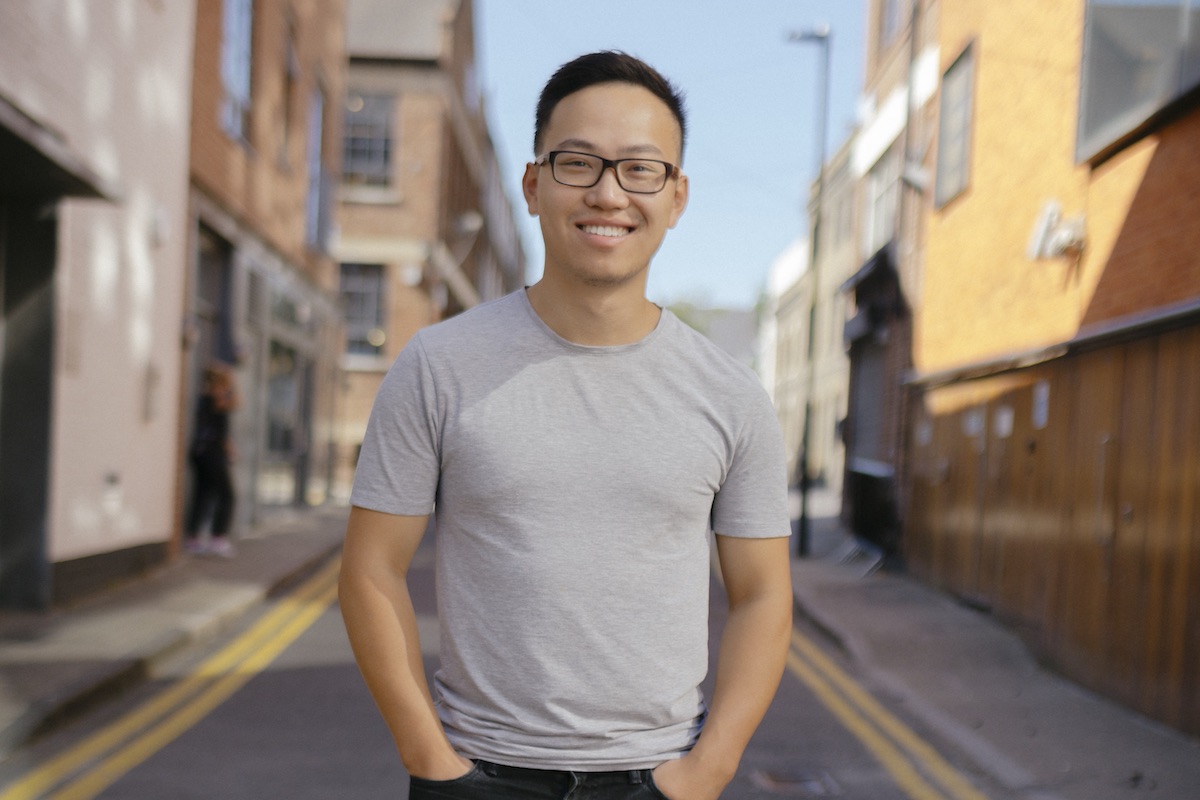People & Team
Article
How businesses in the hospitality market are thinking differently

Two very different businesses in the highly competitive hospitality market explain why a sense of community can help to stand out from the crowd and how bringing luxury services to your front door makes all the difference.
Running a business in the hospitality market isn’t for the faint-hearted, especially in London. However, if you can create a buzz around your brand by doing things differently, then the battle is half won.
Make Shift is the company behind Pop Brixton and Peckham Levels, two venues in south London, and has an unusual business model that melds local community with commercial acumen.
Pop Brixton is filled with micro food and drink businesses, while Peckham Levels showcases makers and artists. Both venues were once underused sites that have been repurposed and reinvigorated to provide local community businesses with space to work and sell to the public. They have become go-to destinations for savvy Londoners looking for originality, a lively atmosphere and a social mission.
James Leay, MD and co-founder of Make Shift, which was founded in 2015 and has 35 employees in London, has big ambitions. “We realised that not only does our model work – supporting local people in starting small business and creating community-focused spaces – but that it’s also scalable.” While its next London site has just been approved for Hackney Wick, Leay hopes to create a series of community-focused projects all over the world.

Pop Brixton and Peckham Levels differentiate themselves by showcasing exciting local businesses and creating a unique community feel. “Innovation is at the heart of everything we do. Lots of companies say that, and it can feel a bit cliched, but we’ve built innovation into the heart of our business,” said Leay. “When we first opened Pop Brixton, in 2015, it was the first project of its kind – a community-focussed collaboration between the local council, private investment, and community organisations.” He calls Make Shift itself an “ongoing experiment”.
“The hospitality market is overrun at the moment, particularly in London, with exciting operators who really know what they’re doing. What makes us different is our focus on providing the local community with real, tangible benefit”, he continued. For example, Make Shift has an application process for its food and beverage kiosks and units that favours businesses that will pay employees the London Living Wage and who will seek to employ local people from within two miles of the project. “This is how we’ve thought differently to our competition, more than anything else,” he explained.
Create an exciting place to be

While Make Shift focuses on the community aspect of its business, Leay admitted that the reality of operating in such a competitive market means that the business has had to think very carefully about how to leverage its biggest assets, the physical spaces its projects occupy, to greatest effect. “To this end, our Project Teams are very focused on placemaking as a key strategy. Pop Brixton has been around for three years now and it’s important for the site to feel fresh and exciting for every visitor who walks through the doors,” added Leay. For example, this summer, Make Shift worked with its member businesses to create an ‘Around the World in Pop Brixton’ vibe, that took you from the souks of Marrakech, in its Moroccan-themed greenhouse space, through to the street markets of South-East Asia.
Turn the business model on its head

Jack Tang, co-founder and CEO of on-demand massage service Urban Massage, has similar global ambitions. The business, founded in 2014, now has a team of 60 in its two offices. Urban Massage connects people living in the city with a pool of massage therapists via an app that facilitates bookings and payments. “Therapists in a spa are often getting, say, £20 from a £100 treatment. We’ve flipped that on its head, ensuring therapists on our platform are able to make more than double the traditional spa salary while working in a flexible way, on-demand way,” Tang explained. “We chose to start the business because I had a massage, which I waited a week for, and found out how little the therapist earned. Everything we’ve done started from there,” he added.
“Our strategy has been to focus on delivering a quality experience. We believe that when you focus on yourself, not your competition, you have the best chance of ending up with a defensible product. Most of our tech resource, data and team time goes towards ensuring we are able to offer customers and therapists with a way of working and booking that answers their needs. That’s how we’ve got 4.8 as an average treatment rating – which is really how we’ll compete,” he said.
Experiment but test your ideas
Tang’s advice to SME business leaders in the hospitality market is to keep a black book of great talent. “Your team is really your best asset for beating competition and building something to last,” he added. The entrepreneur also suggested conducting insights and tests. “Sometimes our gut instinct is right, and sometimes it’s not, but asking people, doing surveys and running focus groups are a great way to test-drive an idea before you spend valuable resources on it.”
Make Shift’s Leay agreed. “Experiment, take risks, test everything, and don’t overstretch yourself,” he added. “Think big, but start small. Some of the most successful hospitality businesses of the past ten years began life as a street-food stall or community pop-up. It will teach you an enormous amount about the market, your business, and the scalability of your offering!”
Diversifying revenues through an outdoor cinema and survival courses – one hotel’s approach to innovation.